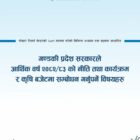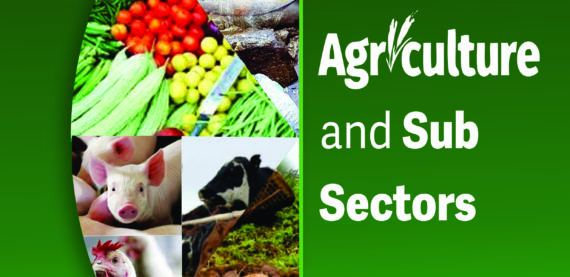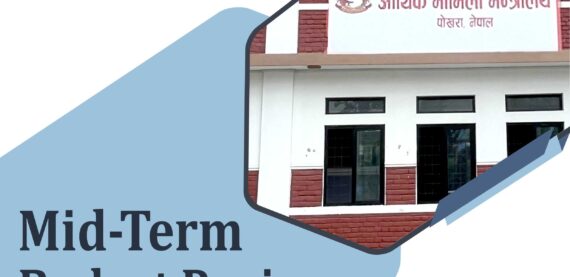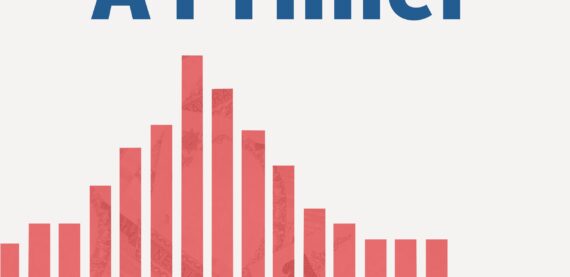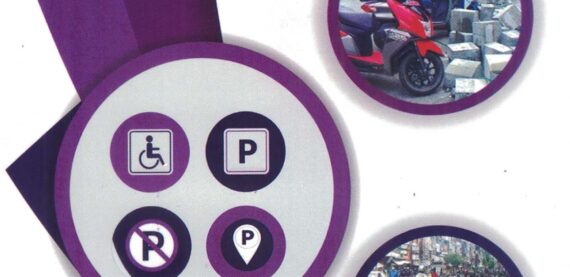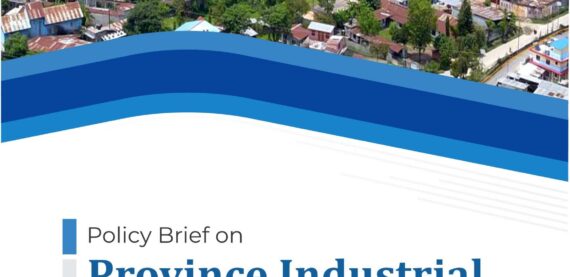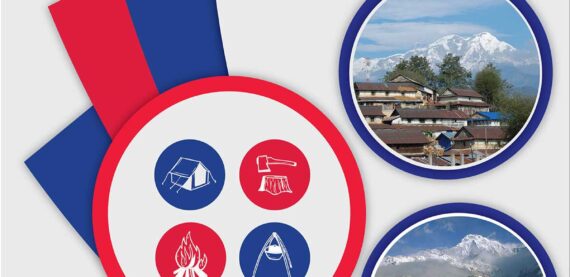For more than half a decade, the citizens of Pokhara have eagerly anticipated the official declaration of their city as the nation’s tourism capital. Both the government and local representatives are eager to promote swift progress in Pokhara by focusing on tourism, while professionals in the tourism industry aspire to expand their businesses through the execution of various tourism-related initiatives in the region.
The discourse surrounding the designation of Pokhara as the foremost tourism hub of the nation has been employed by public officials as a persuasive tactic to assure the populace of expedited progress. On numerous occasions, these representatives allude to this aspiration during formal gatherings as evidence of their unwavering dedication to the community. Nevertheless, doubts arise concerning the feasibility of this goal, both in terms of the policy itself and the implementation strategy.
Pokhara Metropolitan City(PMC) introduced the Tourism Development Act on 6 February 2021, in the 4th year of its formation. The act talks about the formation of three tourism development committees ie: Metropolitan Tourism Development Committee, Ward Tourism Management Committee, and Homestay operation committee. The Metropolitan and ward tourism development committee comes under the jurisdiction of the PMC ( Local Government) whereas the Homestay Operation Committee has been formed under the provincial government. The provincial government has given certain roles and responsibilities to the PMC regarding the registration, renewal, Followup, and regulation along with Advertisement and marketing of the homestay development. The work is directly monitored by the provincial level.
After the introduction of the act on 2021, the Pokhara Municipal Corporation (PMC) established the Metropolitan Tourism Development Committee in 2023. The committee, led by the mayor and consisting of nine members including sectorial experts, bureaucrats, and members of the metropolitan assembly, aims to protect and promote the natural and cultural tourism resources within the urban area. It also focuses on branding local products and creating market opportunities for them. Furthermore, the committee seeks to generate employment through the expansion of tourism-related businesses and enterprises. Its primary goal is to develop Pokhara as a safe, reliable, and high-quality tourism hub with a strong emphasis on sustainable management practices. However, the procedural documentation regarding the formation of the Ward Tourism Promotion Committee is currently unavailable within the PMC.
The objectives of the Ward Tourism Promotion Committee are to support the fulfillment of the Tourism Development Committee’s objectives, oversee its operations, and supervise its work. The committee prioritizes the development and expansion of domestic tourism, promotes the Home Stay Village Tourism program, identifies and promotes unique local products, preserves and develops local culture, and enhances tourism infrastructure. Additionally, it carries out other tasks assigned by the Metropolitan Tourism Promotion Committee.
The act also addresses the criteria for meetings and decision-making within the committees, along with provisions for penalties, annual reporting, delegation of rights, and meeting allowances. The Tourism Development Act of the PMC, as stated in its preamble, aims to develop, expand, protect, and promote the social, cultural, economic, institutional, environmental, and information technology aspects of tourist heritage in Pokhara, with a focus on sustainable tourism. However, the act fails to incorporate provisions for tourist involvement, support for tourism enterprises, and crisis management. Despite nearly two years since the pandemic began, tourism in Pokhara is still struggling to recover, and the PMC has yet to introduce and implement strategies to safeguard the industry.
The nature of committees’ roles and responsibilities is inherently unclear, and there is also overlap between them, resulting in conflicts during execution. While this can be seen as part of inclusive federalism, the lack of clarity in role dissemination can lead to confusion and delays in work execution. Merely assigning responsibility may not be sufficient; the government should also prioritize addressing specific problems that would yield greater benefits if resolved.
Considering the crisis, is the introduction of the act the only solution the PMC could provide? What further measures can the PMC undertake to strengthen tourism and contribute to the economic cycle? What actions have the formed committees taken to revive tourism in Pokhara and how it will be monitored? When will the concerns of major taxpayers, specifically tourism entrepreneurs, be addressed by the PMC? Does the Tourism Development Act aim to designate PMC as the tourism hub, or is it primarily intended for promotional purposes?

An undergraduate Social Science student at Tribhuvan University, passionate about advocating for policy change, conducting research, and leading outreach initiatives.

